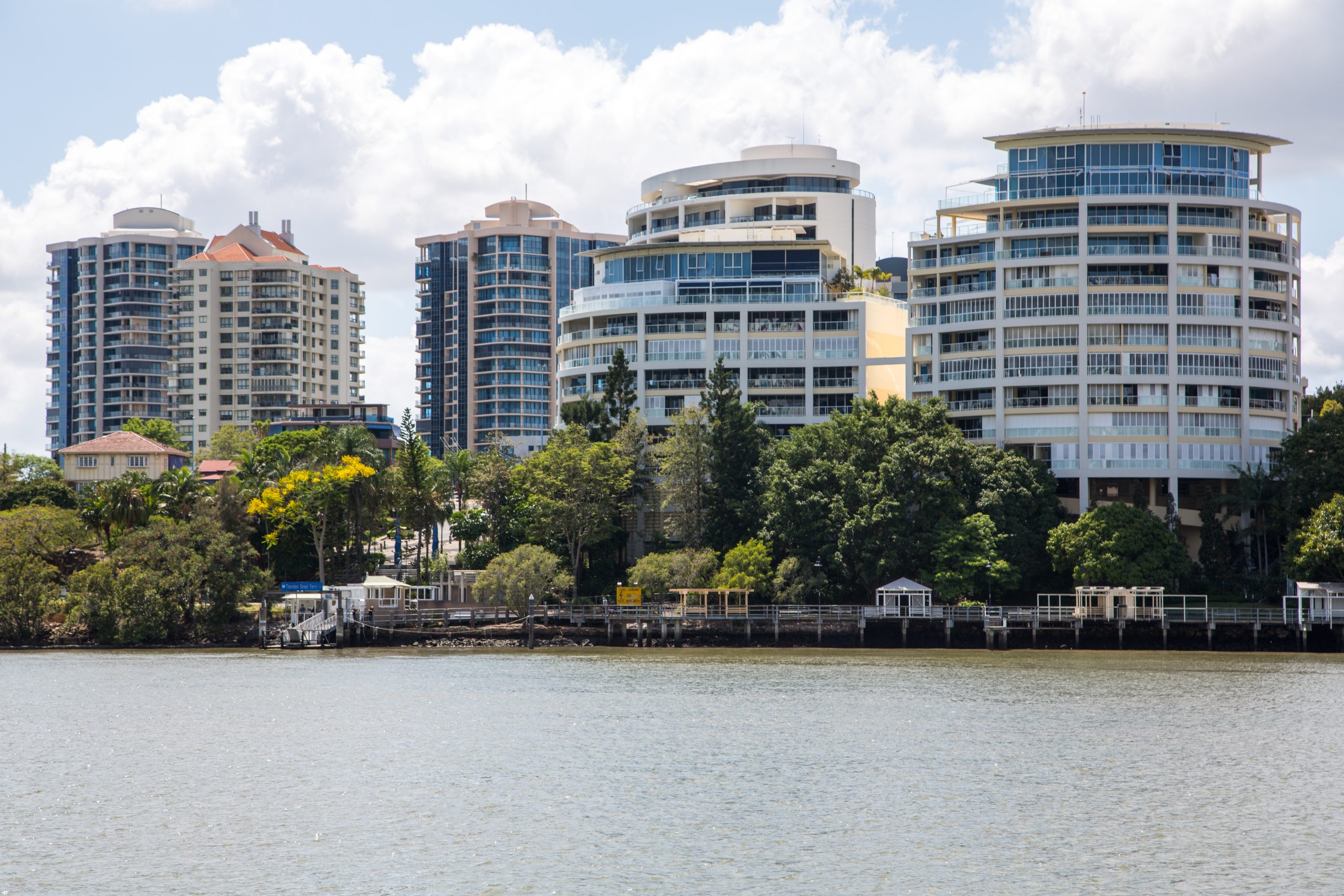
New rules coming as Brisbane Budget 24/25 – Short Stay Accommodation includes reform
Major reforms to help strike a better balance between the need for short-stay accommodation and the concerns of neighbours will be introduced by the Schrinner Council.
The reforms are the result of a year-long inquiry by the Short Stay Accommodation Taskforce which was announced as part of the 2023-2024 Budget and led by Brisbane Civic Cabinet Chair for Finance Fiona Cunningham.
The Taskforce found long-term residents felt short-term accommodation was causing security concerns, overcrowding in common property, noise and anti-social behaviour.
However, the Taskforce also found less than one per cent of Brisbane dwellings were used for short-term accommodation and the sector helped supplement the city’s hotels during peak times, such as major events.
The Taskforce also found it is currently difficult for Council to regulate short-stay accommodation activity given the standard of evidence required to prove the use was unlawful.
The Taskforce recommendations include:
- A new local law requiring property owners to obtain a permit to operate.
- Owners would have to prove their property has proper planning approval to operate as short-stay accommodation.
- Require short-stay accommodation owners to have a property manager available 24/7
- Set a code of conduct for guests and allow conditions to be implemented to resolve complaints
- Develop a tool to help customers map their short-stay accommodation activity across all regulatory requirements within Council
- Advocate for changes in state planning laws to better regulate the impact of short-stay accommodation
- Advocate for a statewide register of short-stay accommodation
- Advocate for reforms to allow bodies corporate to pass by-laws prohibiting or restricting short-stay accommodation in their buildings
The introduction of a new local law will allow Council to better regulate where short-stay accommodation is allowed and increase accountability of hosts.
An initial assessment has found an estimated 424 short-stay accommodation properties operating in Brisbane’s low-density residential areas are unlikely to receive a development or local law permit and will have to return to the long-term market or face fines for operating without a permit.
As part of the report Council considered the approach to short-stay accommodation by other jurisdictions locally, nationally, and internationally, including Noosa, Cairns, Melbourne, and Mornington Peninsula and as far as Vancouver, London, Berlin, and Edinburgh.
The previously implemented transitory accommodation rating categories will continue to apply this year, with an additional 10 per cent surcharge in the 2024-25 Budget to ensure these properties pay their fair share and to encourage more properties to be available on the long-term rental market.
The Taskforce also welcomed the State Government’s announcement in February that they would introduce a registration scheme for short term rental properties, like Airbnb, and importantly not stand in the way of councils making new policies.
Budget 24/25 – Short Stay Accommodation includes funding to fast-track the development and enforcement of the new local law.
The process to introduce the new local law will involve community consultation and require State Government approval.
TOP SUBURBS PAYING TRANSITORY ACCOMMODATION RATES AS OF 1 JUNE 2024:
- Brisbane City – 280
- Fortitude Valley – 201
- South Brisbane – 185
- Bowen Hills – 164
- Hamilton – 100
- Milton – 83
- New Farm – 53
- Spring Hill – 52
- Kangaroo Point – 50
- Teneriffe – 39
Brisbane has been Australia’s fastest-growing capital city over the last decade and we need to strike the right balance between the need for short-term accommodation during demand peaks and the concerns of residents.
Through a new local law Council will be better able to regulate where short-stay accommodation is allowed and ensure operators and their guests behave appropriately.
We recognise that short-stay accommodation delivers an economic dividend to Brisbane, particularly during major events when hotels are full.
However, the Taskforce has heard from residents who are fed up with their residential apartment buildings turning into mini-hotels.
Clearly more needs to be done to improve the accountability of operators to address complaints, and Council needs the powers to weed out those who continue to do the wrong thing.
While Council has a role to play, there are a number of reforms the State Government should also undertake to better regulate the short-stay sector.
For example, we would support the State overhauling laws so bodies corporate can pass by-laws prohibiting or restricting short-stay accommodation in their buildings as part of Budget 24/25 – Short Stay Accommodation

